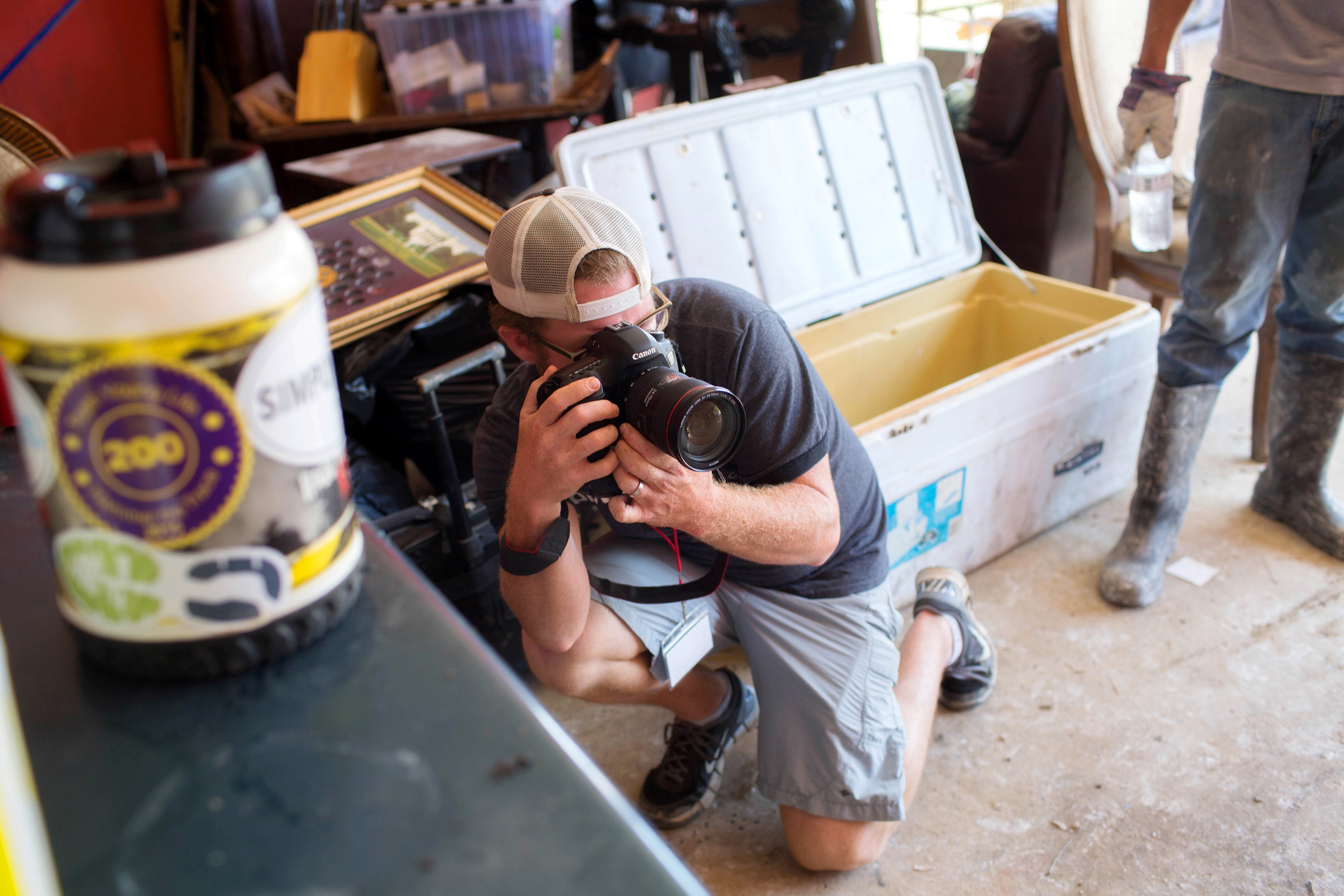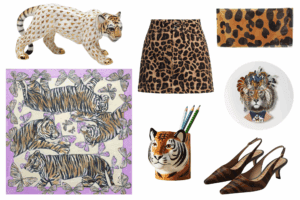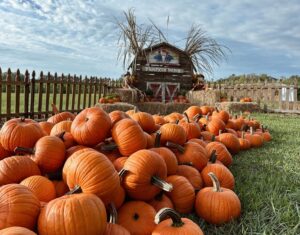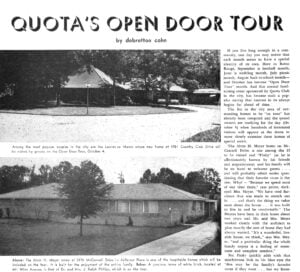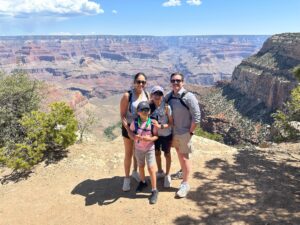Publisher’s view: Showing up

There are faces from the flood that are forever etched into our minds. When we close our eyes at night we can see them. When we walk through our daily life they are there. Faces we used to glance at without recognition, without acknowledgment. Faces without names.
These faces are our neighbors, our community, our people. They woke up to floodwater rising, and they showed up when the water receded. These faces without names left a mark on each one of us. We are forever changed.
It was the face of the woman crying, sitting on the curb, as your son held an umbrella over her that Sunday afternoon at Celtic Studios.
It was the faces of the strangers who showed up at your door to help you gut your grandparents’ house.
You can’t forget the faces of the two ladies in wheelchairs, rescued by the Cajun Navy from a nursing home, who sang “Rolling on the River” all the way to dry land.
And the face of the little boy, recently homeless himself, who walked with you cot to cot to hand out toiletries at the River Center.
These are faces you won’t forget.
It wasn’t a time for strategic planning, and negotiating and proposals. It’s wasn’t a time for accolades at all. No one cared where you went to school or who your mama was or what you drove. We gathered as a people to serve and be served. Some of the most desperate still were able to lend a hand to others, while those who were accustomed to giving found themselves humbled on the receiving end. Humbled and overwhelmed by the love.
We were soaked in sweat and swamp water, and it changed us. It drew us together. The waters stripped us of our belongings, our securities, our safe havens. It slowed down our pace. It changed our rhythm. It softened our soul.
And the soul of the city changed with it.
A city that, just a month before, was divided by shootings and staggering loss. The people of this city forgot the finger-pointing and came together as a community. Person to person. Face to face.
These faces showed up at lunch every day during demolition to pass out sandwiches to the workers—house to house.
These faces helped you dry the beloved pictures of your daughter’s wedding on your back patio table, using stones to hold the edges down.
These faces saw all your junk, and they didn’t judge. Because we all have junk.
Faces without names came in from out of town and stayed in hotels or the homes of friends so that they could wake up every morning and make a difference. Make someone’s day. And you were one of these faces, too.
You cooked large pots of jambalaya to feed the workers.
You walked and loved and fostered the pets that were left behind.
You ripped out carpet, you cut out Sheetrock, you carried trash.
You made a hot dinner for the despondent, and you cared for the children of the displaced.
You prayed with a family member, with a neighbor, with a stranger.
You became the hands and feet of God.
Because, when the waters washed away the boundaries we had built between us, you showed up. Every day. Even when it was hot and you were tired and the mountain seemed too big to climb. Even when it pushed the edges of your comfort zone. You showed up. Even when racked with despair and exhaustion. Even when the rest went home. You showed up.
You, and others like you, showed up and made a difference and mended fences and comforted the discouraged. You have a name, but we will never forget your face.
Because it’s the face of the city, it’s the face of hope and a brighter tomorrow. It’s a face of new beginnings.
You showed up and you showed your humanity. You showed up and changed us.




